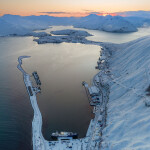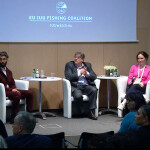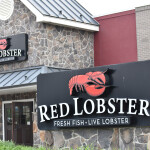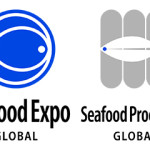The environmental NGO Coastal Alliance for Aquaculture Reform (CAAR) is circulating a report assessing the credibility of certification schemes for farmed salmon. And the program that it favors — the Salmon Aquaculture Dialogue — is one that it’s involved in.
Titled “A Resource Guide to Farmed Salmon Certifications,” the new report lists the strengths and weaknesses of seven certification schemes: esqu Eco-Label, GlobalGAP, Cooke Aquaculture’s Seafood Trust Eco-Salmon, Irish Quality Eco-Salmon, Friends of the Sea, Salmon Aquaculture Dialogue and the Global Aquaculture Alliance’s Best Aquaculture Practices. The last two certification schemes are still in development and not yet on the market for farmed salmon.
The Salmon Aquaculture Dialogue, which is organized by the World Wildlife Fund, seemingly rated the highest, with only one weakness listed. The report’s authors said the Salmon Aquaculture Dialogue has “more broad-based participation than existing salmon aquaculture certification schemes and, as such, the potential to yield a rigorous standard.”
However, CAAR is one of the organizations represented on the Salmon Aquaculture Dialogue’s Steering Committee, in addition to the Pew Environment Group, Fundación Terram, Norwegian Seafood Federation, Salmon of the Americas, SalmonChile, Marine Harvest and Skretting. In its report, CAAR disclosed that it’s been involved in the the Salmon Aquaculture Dialogue since its inception.
The report is designed to help businesses and consumers decide which farmed salmon certification schemes are trustworthy, and which are not. “Unfortunately, not all certifications have the same degree of credibility, offer valid assurances of sustainability, or require the same rigor for standards development and implementation,” said the report’s authors.
A credible certification scheme is transparent, multi-stakeholder, independent, third-party verifiable and based on scientific information, among other qualifications, according to the authors.
The report also assesses organic labels for farmed salmon and explores three aquaculture production systems: integrated multi-trophic aquaculture, offshore aquaculture and closed-containment aquaculture.
Based in British Columbia, CAAR’s members include the David Suzuki Foundation, Georgia Strait Alliance, Living Oceans Society, T. Buck Suzuki Environmental Foundation and Watershed Watch Salmon Society.





